Consumer Debt vs. Non Consumer Debt
Sawin & Shea
SEPTEMBER 14, 2022
They can assist you through the bankruptcy process and can keep creditors from unlawfully harassing you. In order to understand the bankruptcy process, here’s what you need to know about consumer debt and non-consumer debt. What is Consumer Debt? What is Consumer Debt? What Does “Primarily” Consumer Debt Mean?


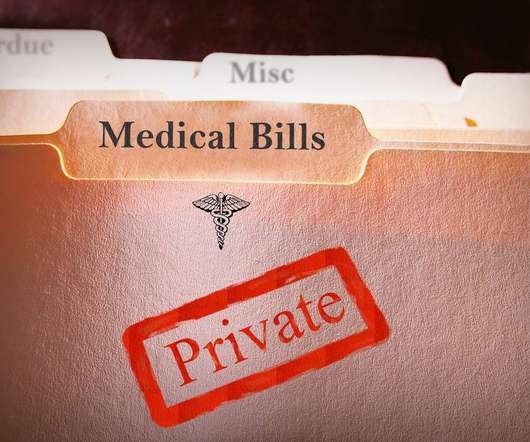



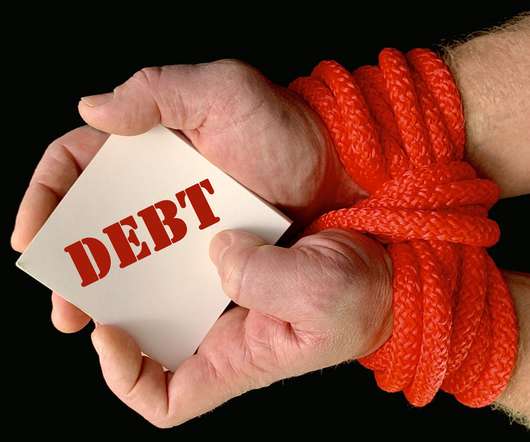

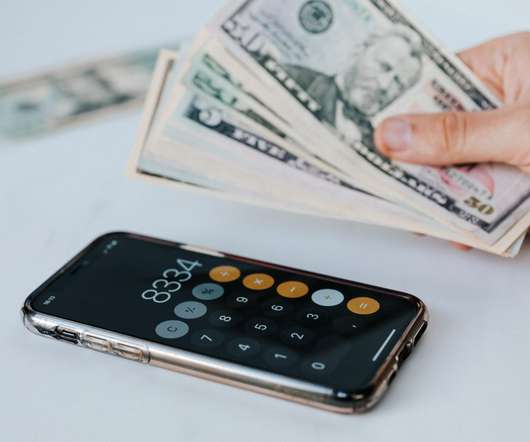






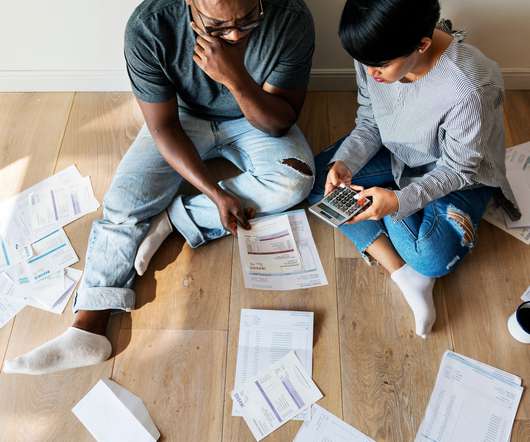

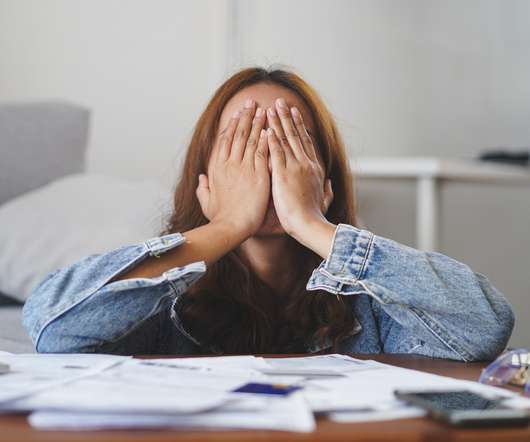






Let's personalize your content